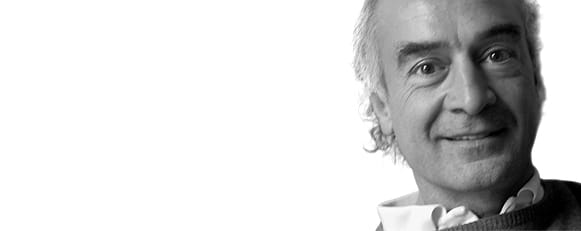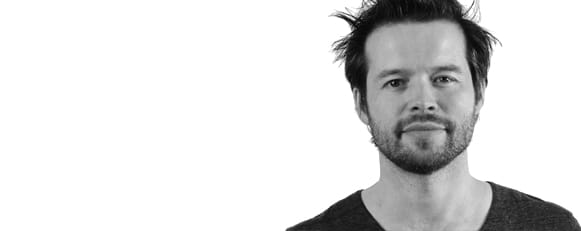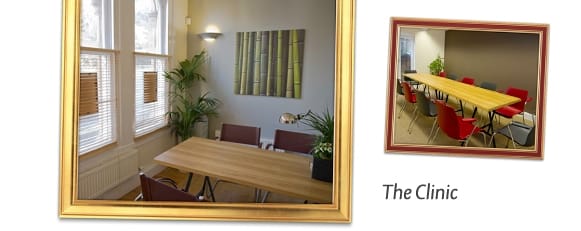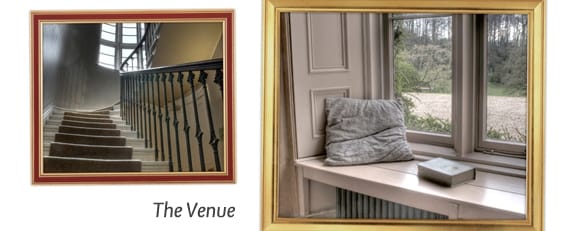
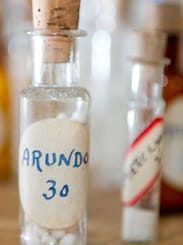

Choosing Your Education
There are many different courses available and it is important to find one that is right for you. The Society of Homeopaths publish a list of recognised and conditionally-recognised courses.
Here are some aspects you might like to consider when choosing your course. This criteria could form the basis of your exploration of course prospectuses and help you frame questions you would like to ask. Good luck!
1. Structure
How is the course structured and does it suit your practical needs and the way you are able to study? Our flexible home study approach means that you can begin your study at any time, choose when and where you study, choose a pace that suits you and go to any level. Our UK attendance course involves coming to Stroud for one weekend per month (Sept-June) with flexible home study during the month.
2. Size and approach
Some courses have small groups which may be taught and managed by one or two individuals. Others are larger and managed by teams, offering a wide range of experience and approaches and all offer varying levels of support and contact. Our faculty is made up of a small, dedicated, homeopathically trained team who manage the business daily (so we are always here to pick up the phone); a wide range of teachers, tutors and mentors who are all professional and highly experienced practitioners; and a unique curriculum that blends classical and contemporary teaching.
3. Teaching and learning styles
Do you prefer a higher proportion of formal lectures or a greater emphasis on interactive and self-discovery methods? Do you learn best through creative approaches? Effective courses will have a range of teaching styles but the overall emphasis varies widely. We pride ourselves in our creative and individualised approaches to learning and you are actively encouraged to find your own personal style through a progression of varied learning.
4. Assessment methods
There may be a formal examination component, assessment of self-directed research, self- and peer-assessment etc. Most course providers use most of these methods and more but the emphasis differs widely. It may be that many or few pieces of work 'count' towards final requirements for course completion. Self- and peer-assessment are increasingly used as an important component of any professional education, leading to the ability to be self-reflective in professional practice. How is it handled in the course of your choice? Our mentors offer in-depth continuous assessment, with an emphasis on your growing self-reflection and awareness. There are no exams.
5. Philosophical approach
There are diverse ways to practice homeopathy and this can be confusing for a new potential student! The terms generally used are "classical" and "practical" and also more eclectic and experimental approaches. Our courses are all based on classical Hahnemannian teachings and have a strong and coherent philosophy. We feel our in-depth philosophical teaching is one of the things that stands us apart and makes our students so successful in practice.
6. Commitment and transfer
What happens if, after starting the course, you change your mind? If you decide after a year or two that another course is more appropriate for you, what procedures are in place to allow you to make a smooth transfer? Well, first of all, we will offer as much support and advice as possible to help you to assess your situation and make a sound decision. We award certificate points at the end of each year of study so if you did decide to move to another course there are clear break points. We also offer one of the most generous refund policies on the market.
7. Clinic arrangements
Are you required to work in a clinic managed by the course provider? Is the location and timing of such clinics convenient for you? You may not need to attend clinics for a year or even three, but such considerations should form part of your decision-making process. We offer 7 day intensive clinical training sessions via Summer Schools and Seminars. These are special events put on for our homeopathy distance students. They either happen in the UK or North America. Our attendance programme includes a dedicated day per month in our own patient clinic for 3rd and 4th year students, during which students gain all the necessary clinc hours.
8. Scope of fees
What do the fees include? What additional costs will you incur? Ask about clinical supervision, tutor groups, medical science training, 'sitting-in' (observation) experience etc. Do you have to pay all your fees at the beginning of each year or are there arrangements for spreading payment? We offer payment options to suit your finanical needs and you can pay by instalments or in one go.
9. Deadlines and progression
What deadlines are in place for the submission of work each year and particularly for completion and the gaining of a licence to practice? In the event of personal difficulties, what arrangements are there for late submission? Our courses come with generous study times and even after these periods students can apply for extensions if required.
We do hope that this helps with your considerations. Please do contact us if you would like to chat about becoming a homeopath.
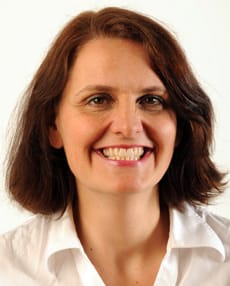
I think it's a fantastic School, a fantastic clinical experience and if it had been on my agenda at the time I was studying, I would definitely have studied here.
Susanne Harr, Nelsons Homeopathic Pharmacy, Clinic Manager
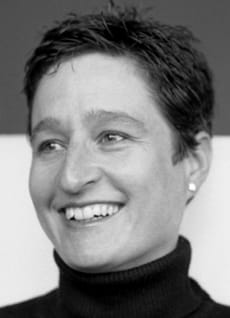
What I love about working with homeopathy is the great diversity of fascinating subjects that connect to it which I still continue to discover and explore: botany, zoology, chemistry, mythology, astrology, psychology, and philosophy to name just a few.
Vanessa Rainbow, Tutor

